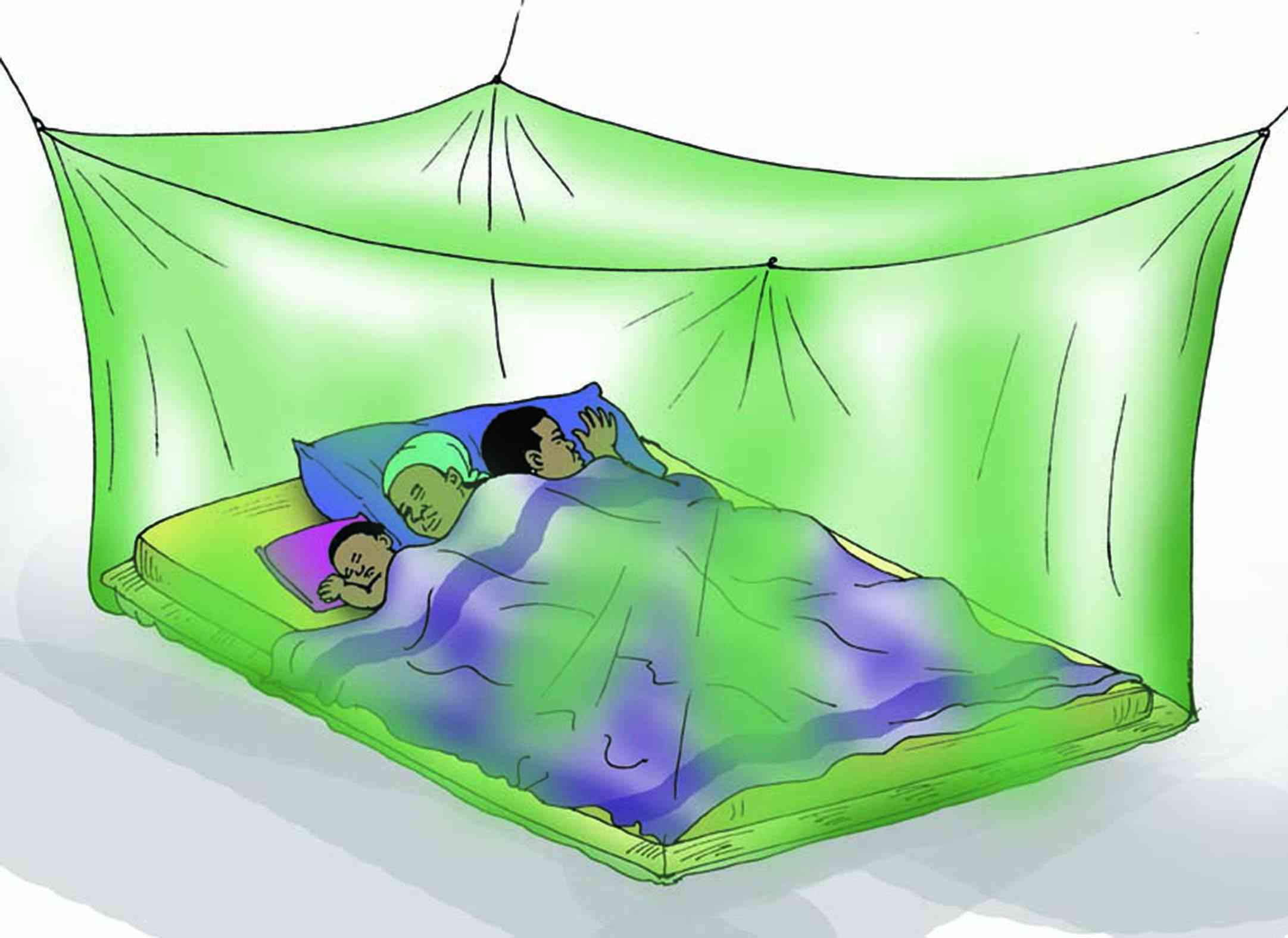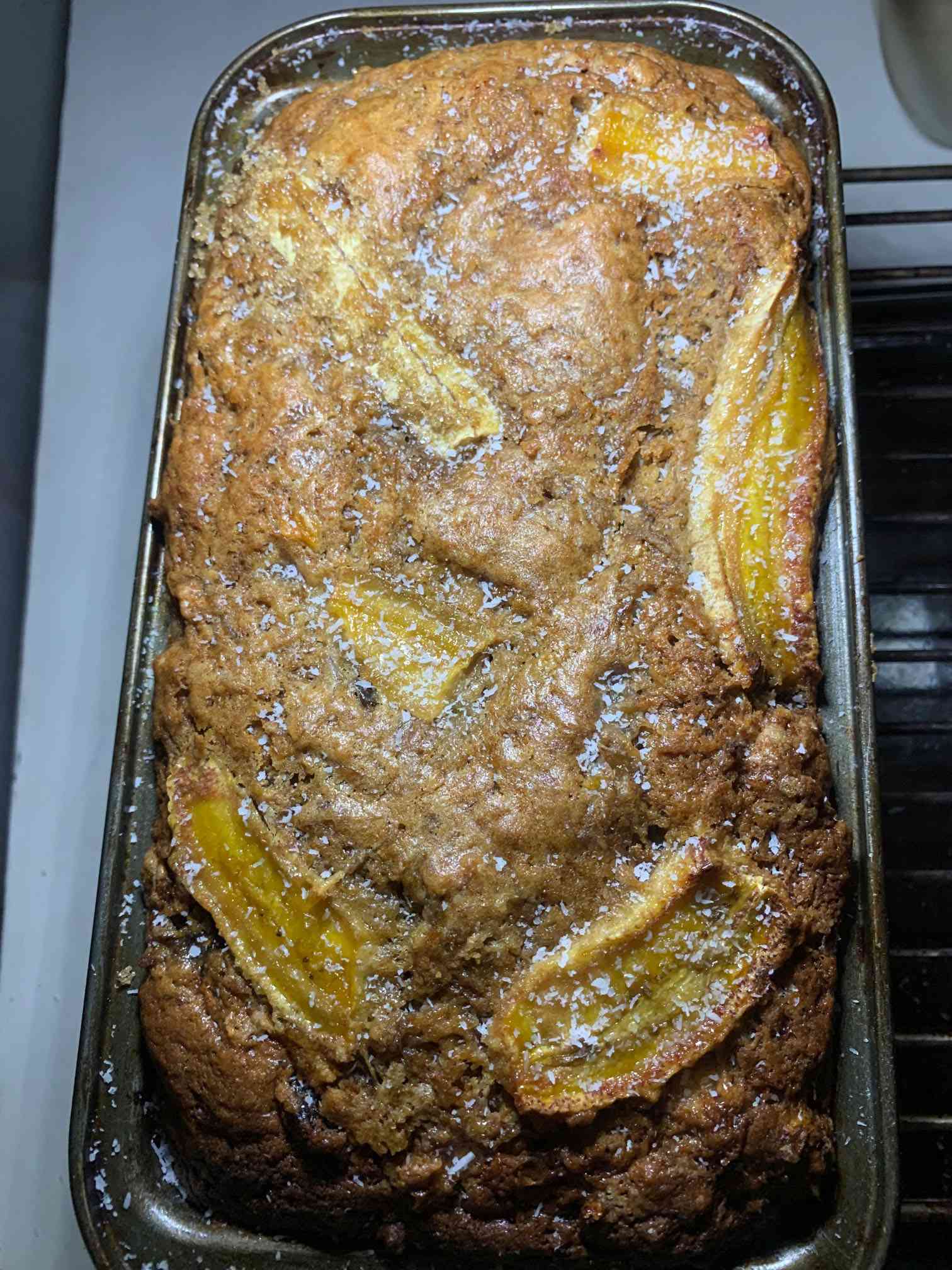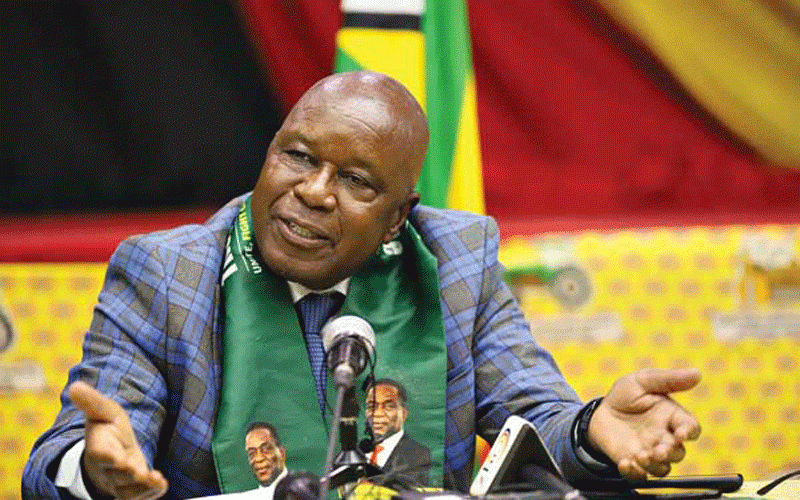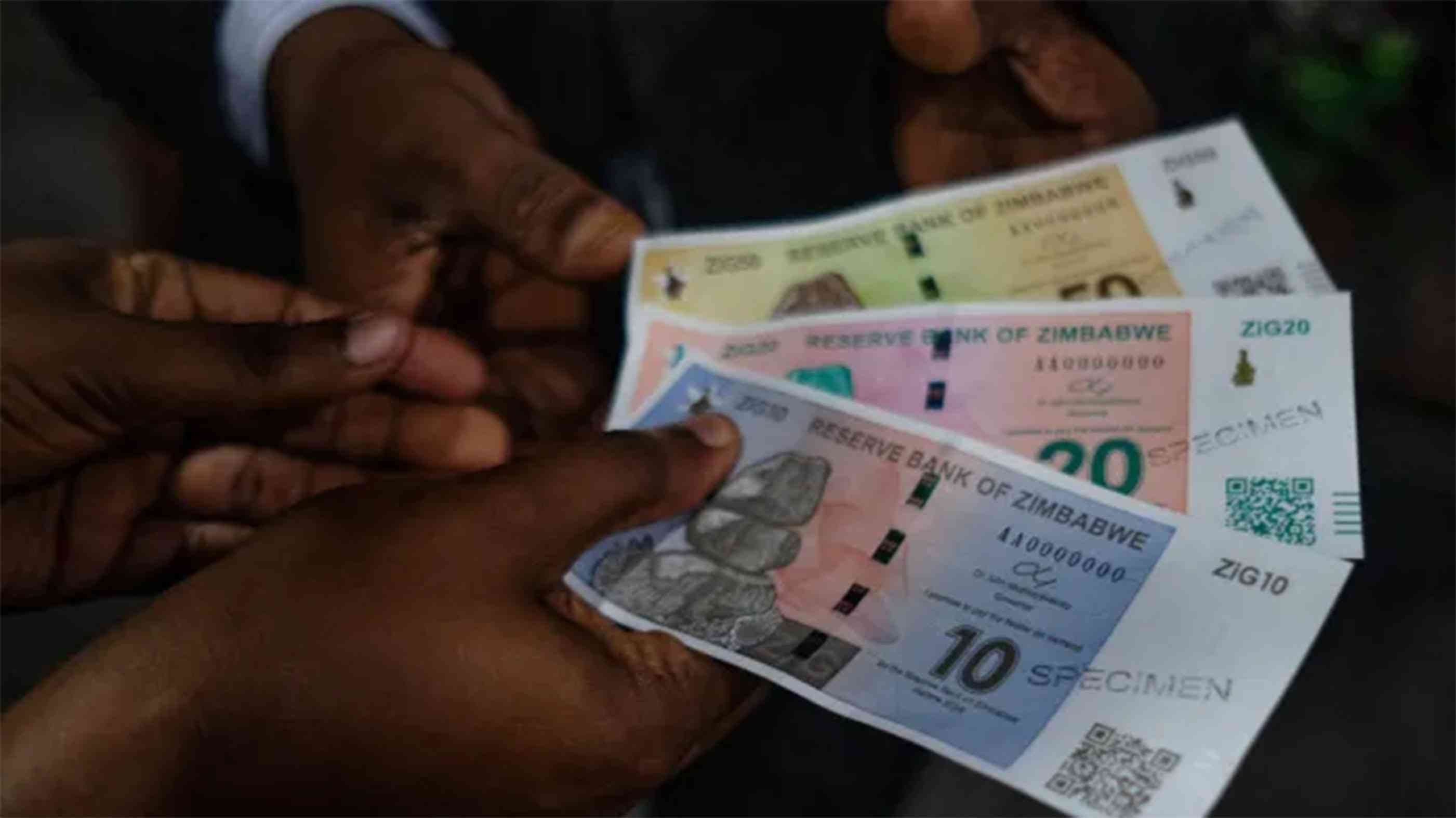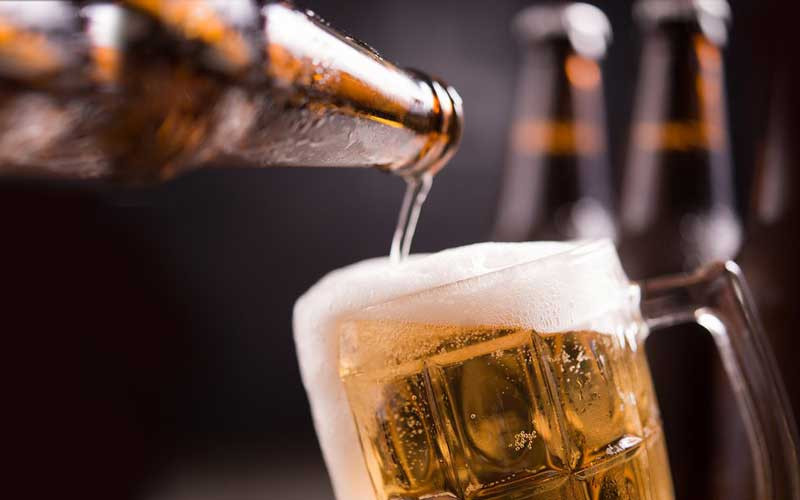
A LOOK into the history of beer shows that humans have been drinking beer for over 7 000 years. From the stone age to the 1700s, beer was a household staple for most families in England and other parts of Europe.
The drink was an inexpensive way to consume and preserve grains. That said, the question in Piggy’s mind has always been, “Does drinking beer symbolise anything?”.
Abraham Lincoln, an American statesman and lawyer who served as the 16th president of the United States from 1861 to 1865 once said: “It is my experience that folks who have no vices have generally very few virtues”.
Lincoln was referring to drinking in general. The quote also demonstrates the sociocultural functions and meanings of drinking discussed hereunder.
Social meaning
In most cultures where more than one type of alcoholic beverage is available, drinks are classified in terms of their social meaning. Few, if any, alcoholic beverages are “socially neutral”.
Every drink is loaded with symbolic meaning. At the simplest level, drinks are used to define the nature of the occasion. In many Western cultures, for example, champagne is synonymous with celebration.
The type of drink served also defines both the nature of the event and the social relationship between the drinkers.
- ‘Census results out in August’
- Community trailblazers: Dr Guramatunhu: A hard-driving achiever yearning for better Zim
- In Full: Tenth post cabinet press briefing: 26th April 2022
- Community trailblazers: Dr Guramatunhu: A hard-driving achiever yearning for better Zim
Keep Reading
A United States survey (Klein, 1991) examined perceptions of the situational appropriateness of various types of alcoholic drink, finding that wine is considered an appropriate accompaniment to a meal; wine and spirits are appropriate drinks for celebratory events, while beer is the most appropriate drink for informal, relaxation-oriented occasions.
Social status
The choice of beverage is also a significant indicator of social status. In general terms, imported or “foreign” drinks have a higher status than local beverages.
For example, wine is regarded as a high-status, middle-class drink, while native beers and vodkas are ordinary.
Affiliation
The choice of beverage may also be a statement of affiliation, a declaration of membership in a particular group, class, tribe, sub-culture or nation.
Certain drinks, for example, have become symbols of national identity: Guinness for West Africans, Mosi for Zambians and Castle for South Africans.
The “national drink” is often the symbolic locus for positive, sometimes idealised images of the national character, culture and way of life.
Gender
The most consistent and widespread use of alcohol as a social differentiator is in the gender-based classification of drinks. Almost all societies make some distinction between ‘masculine’ and ‘feminine’ beverages.
‘Feminine’ drinks are often weaker, sweeter, softer or less ‘pure’ than their ‘masculine’ counterparts (Freund, 1986;Gefou-Madianou’s, 1992; Papagaroufali,1992; Purcell, 1994; Macdonald, 1994; Nahoum-Grappe, 1995).
Life events
Almost every event of any significance in people’s lives is marked with some sort of ceremony or celebration — and almost all these rituals, in most cultures, involve alcohol.
Major life-cycle events such as birth, coming-of-age, marriage and death; important life-changes such as graduation or retirement — and even far less momentous shifts such as the daily transition from work to play - all require ritual endorsement. Alcohol or beer, in most cultures, is a central element of such rituals.
Overall, drinking is essentially a social act, subject to a variety of rules and norms regarding who may drink what, when, where, with whom and so on.
Alcohol has long been regarded as a social leveller, and the act of communal drinking as a means of communication between those of different ranks and status in society.
Looking at the Zimbabwean context, Piggy likes Delta Corporation given its brand portfolio that cuts across various income groups. While Piggy does not actively advocate for readers to take alcoholic beverages, everyone should at least have access to the stock.
It appears that there will always be room for beer volumes growth in Zimbabwe as per capita beer consumption levels remain lower than those seen in the developed world. Population expansion and youthful demographics also provide significant tailwinds for growth. Delta provides a solid route to gain direct exposure to Zimbabwe’s consumer story.
Any serious investor should be adding this liquid brewer to their portfolio.
- Learn more about investing and trading by joining a PiggyBankAdvisor WhatsApp Group (+263 78 358 4745).
- Matsika is the managing partner at Mark & Associates Consulting Group and founder of piggybankadvisor.com. — +263 78 358 4745 or [email protected] / [email protected].

